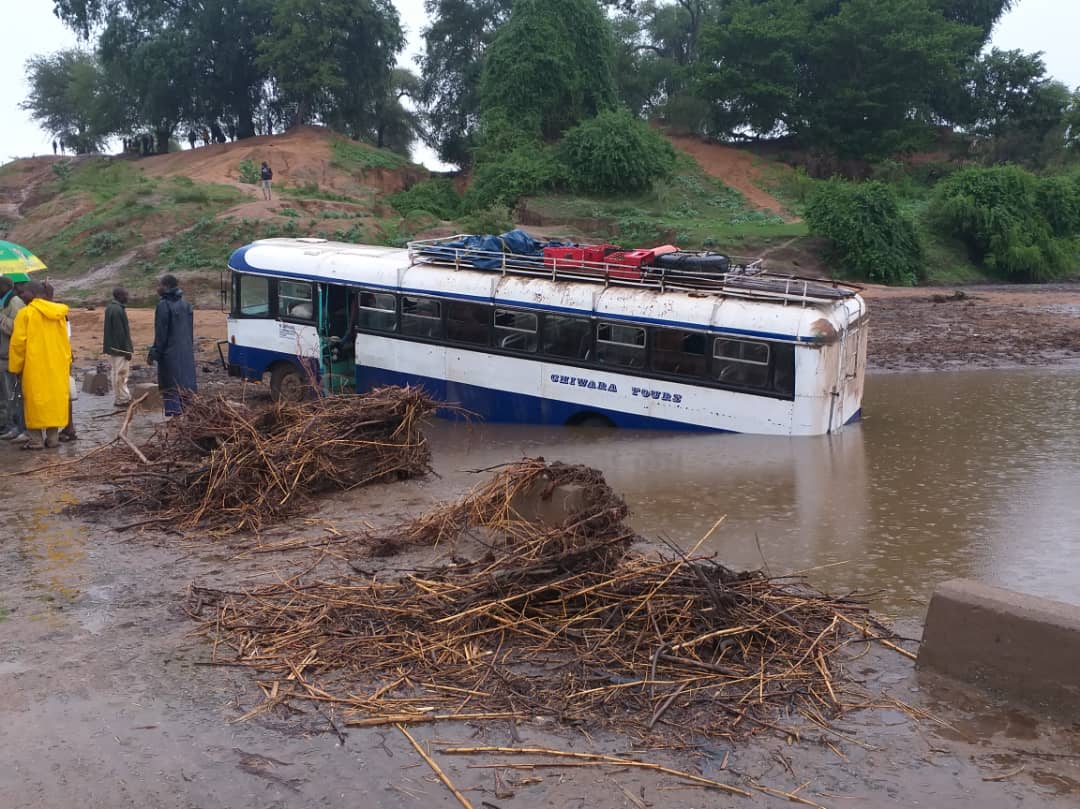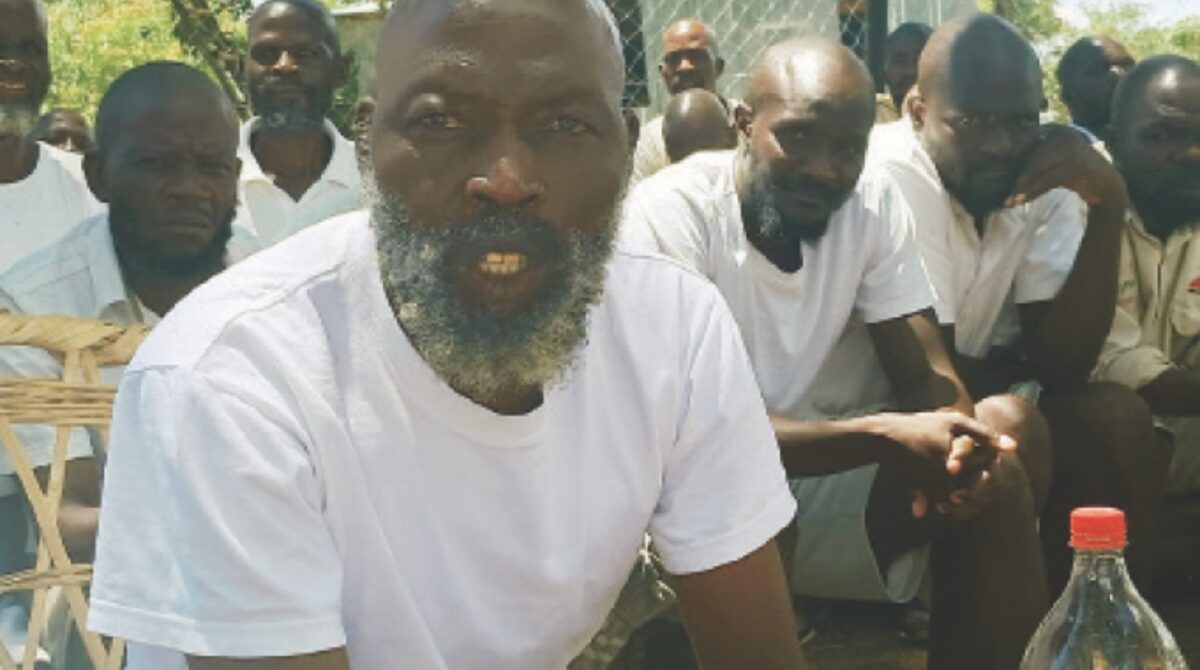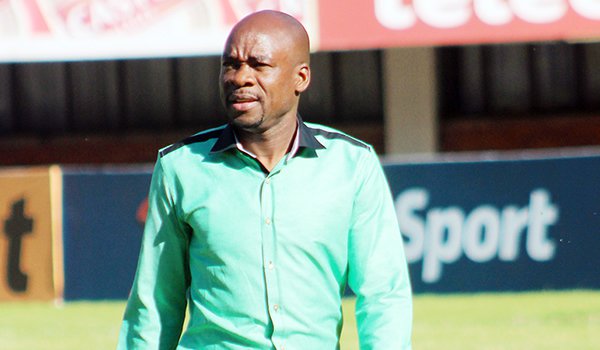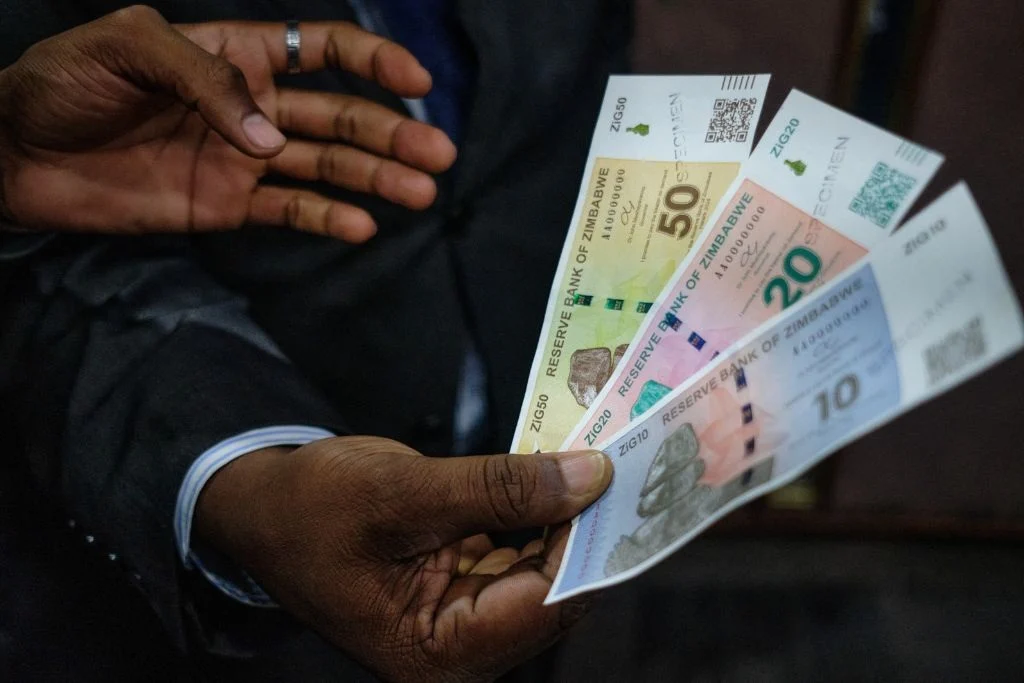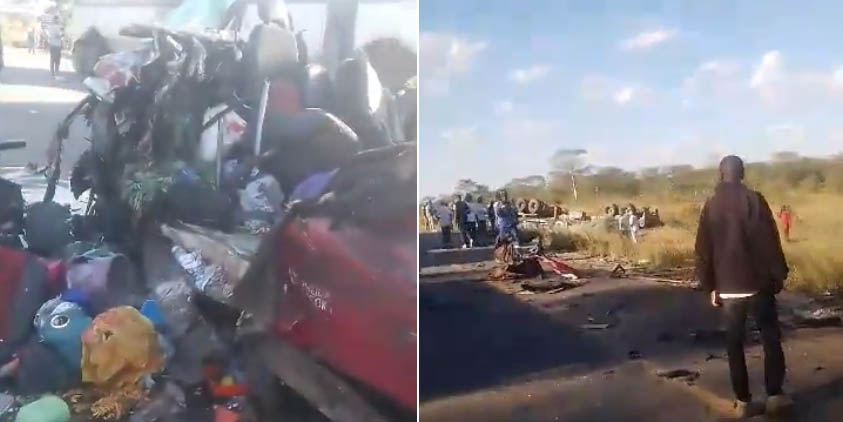AS Zimbabwe tries to spruce itself up amid political strife which seem eternal, the authorities remain resolute as ever to win the battle against the economy and inexorable collapse of infrastructure.
The push for infrastructure rejuvenation has been given impetus by the country’s vision 2030, an economic blueprint that aims to propel the country to a middle-income economy by year 2030. The country’s infrastructure gap is huge that its development is badly needed to put the economy in a meaningful growth path.
The man tasked to spearhead the rebuilding of the economy, Finance and Economic Development Minister Mthuli Ncube, has been all over the world hoping to secure much needed lines of credit and investment.
He so far implemented what are being referred to as austerity measures aimed at making the economy competitive again, at least.
However, the government’s reengagement efforts, after decades of living in isolation, have produced little success as foreign governments and potential investors still look at Zimbabwe with a fair dose of scepticism.
This is particularly so because the government has not been able to break up with its past ways of doing things.
For example, most of the plans that have been drawn up by the new government remain unfulfilled, and some look certain to die at the conceptualisation stages due to many reasons ranging from bureaucracy, lack of funding, incompetence, right through to political bickering.
On paper, the efforts of the Zimbabwe government appear promising. But often the preparations are slow and often fail to meet deadlines. This lethargy has drawbacks for the government, not least failing to carry Zimbabweans – for whom the policies are made – with them.
To compound the economic woes the country is facing, manifesting through a currency crisis, low production and joblessness, a cyclone hit eastern Zimbabwe on March 14.
Weather experts had warned the government about the catastrophe of the storm, for Malawi and Mozambique had been severely affected before Zimbabwe.
The country, prior to Idai, had been facing water crises which prompted water rationing in major cities. The country received little rainfall in the 2018-2019 summer season which has also resulted in widespread crop failure.
Idai is the worst cyclone to have ever hit the southern hemisphere. Wind gusts travelling at breath-taking speeds accompanied by a tidal surge, swept much of the country’s eastern Manicaland province.
The government was caught napping. Its eyes had been concentrating on other issues and totally oblivious of the impending calamity that would add to the many problems at hand.
From the onset, the Cyclone Idai disaster was far beyond Zimbabwe’s capacity to manage alone. A government that has been running several budget deficits in the past did not have adequate reserves to draw from to deal with a natural calamity of this magnitude.
Devoid of a national master plan to react to disasters and adequate material and financial resources, Zimbabwe ended up turning to citizen well-wishers and international donors to help affected families.
There is lack of engineering capacity to reconstruct damaged infrastructure such as roads and bridges. The Civil Protection Unit, an organisation mandated to deal with disasters, operates on a small budget to be adequately prepared for big natural calamities.
Idai claimed many lives and many homes suffered total loss. It affected a region of amazing contrasts, the Eastern Highlands of Zimbabwe, which produces bananas, tea, coffee and other deciduous fruits. This is the region that’s home to vast forests, which are a source of the pulp and timber industry of the country.
Mutare, the capital of Manicaland province which is the centre for all agro-based industry, will no doubt feel the economic effects of the cyclone this year.
Following the catastrophe, it can only be human to be more companionate toward Zimbabwe.
The African Union and other Western donors led in contributing to relief efforts with material and financial resources.
However, after the cyclone, the pre-disaster problems continue. Many citizens are suffering from poor health care due to rising costs of medical supplies.
Prices of goods and services are spiralling. The new government has not done anything to translate rich natural resources at the country’s disposal into wealth. Untold circumstances have held back the realisation of this wealth.
The masses are having to eke on their own without government assistance.
Foreign investment remains elusive, at a time it is desperately needed so that the ordinary people become beneficiaries of the country’s growth.
The country is yearning for industrialisation to emerge to sustain GDP growth.
Good governance and proper management skills to discover corruption and other unethical activities are missing.
Munyaradzi Mlambo is a Zimbabwean journalist
